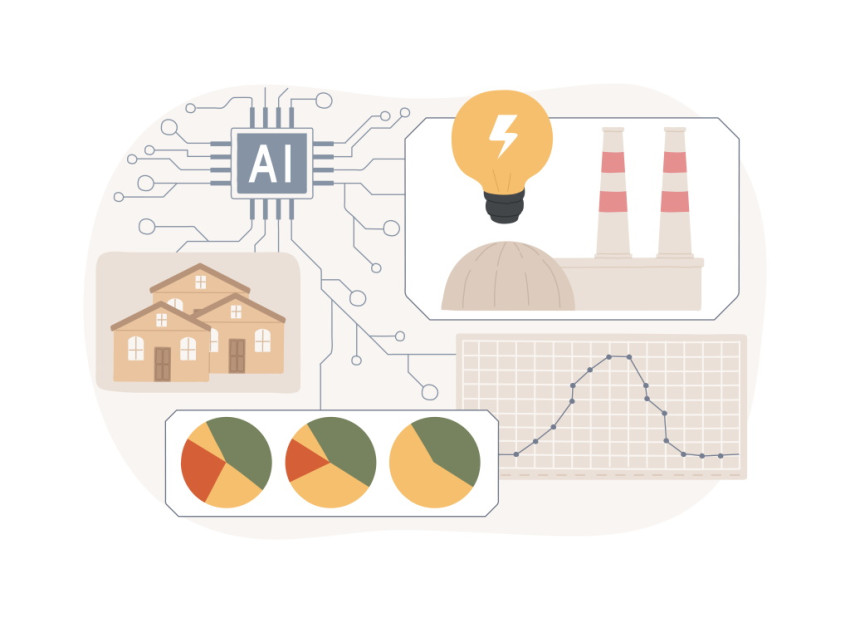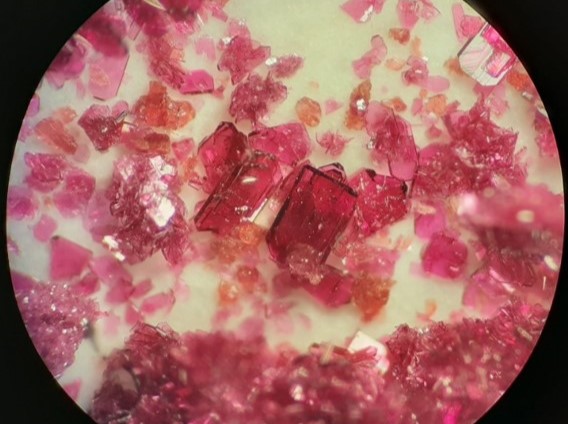
Initiative for hydrogen-electrolysis test centre
Plans are there to set up a test centre in Groningen for improving the technology for producing hydrogen from electricity. ‘Our ideal is that the test centre contributes to the large-scale production of electrolysers for hydrogen,’ says Thijs de Groot of Nouryon (former AkzoNobel Specialty Chemicals), and one of the initiators.
Electrolysers are set to play a major role in the future in producing hydrogen from renewable electricity, at least that is the conviction of the initiators. But at the moment there is no fully fledged industry with the capacity to produce electrolysers on a large scale, including making them better and cheaper. ‘That's becoming clear now that we’re preparing a 20 MW hydrogen factory together with Gasunie. The electrolyser supplier market is severely underdeveloped,’ notes De Groot. And there is good reason for that, as until now the cheapest way to produce hydrogen was the so-called steam reforming of natural gas, in which water and methane react at a high temperature. ‘Hydrogen from electrolysis is still a niche product.’
The Dutch electrolysis industry
But that will change drastically with the sustainable energy transition, envisages De Groot. Hydrogen acts as a buffer for green electricity, but also as a transport fuel and agent for all sorts of chemical processes. That was emphasized in the summer in a manifest from the newly founded Hydrogen Coalition, in which companies like Nouryon, environmental organisations and energy concerns argue for large-scale hydrogen production.
According to De Groot, this offers the Netherlands a unique opportunity to set up an electrolysis industry. ‘We have the expertise, and now need to deploy it in a targeted way.’ Hence the initiative to create a test centre. This will involve focusing on improving existing electrolysis techniques, material use, manufacture of the electrodes, the geometry of the cells, and so on. ‘It must be an open innovation centre where anyone with a good idea can get to work.’
And by expertise he is referring to renewed interest in electrochemical studies at the various universities, knowledge in the field of membranes, experience at his own company with alkaline electrolysis and of ECN/TNO with PEM electrolysis, as well as the experience of companies involved in constructing fuel cells and the manufacture of components. ‘We really count in the international arena.’
Location has been found
A possible location has been found. Agreements have been made with Hanze University of Applied Sciences to build the test centre at the Energy Transition Centre (Entrance), the testing ground for applied energy research in the city of Groningen. ‘So we are contributing to the new perspective of the northern Netherlands as the hub of the hydrogen economy.’ Subsidy requests are currently under review at various bodies. ‘The participating companies have earmarked substantial amounts too,’ emphasizes De Groot. This currently includes not just Nouryon, proces industry enabler ISPT and energy institute ECN/TNO, but also Gasunie, Shell and Yara. Groningen Seaports, the University of Groningen and Hanze University of Applied Sciences are also working on the initiative. De Groot expects greater clarity by the end of the year. ‘If that goes well, we can set to work on the test centre in 2019.’
If you found this article interesting, subscribe for free to our weekly newsletter!
Opening photo: Nouryon's electrolyser in Norway. Photo: Nouryon.






